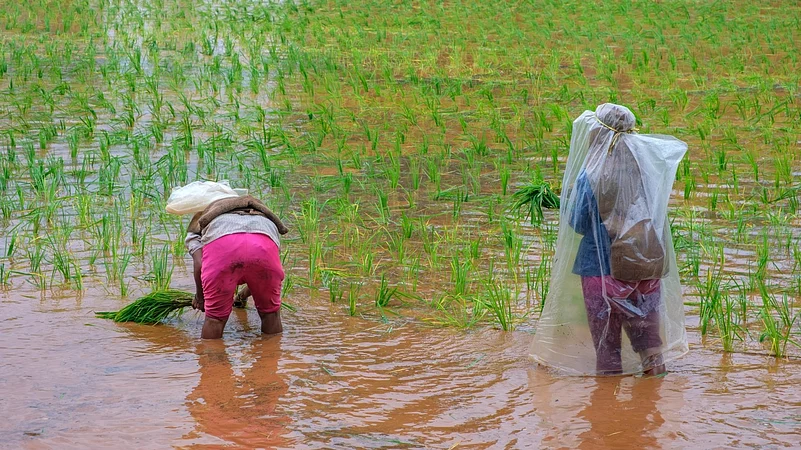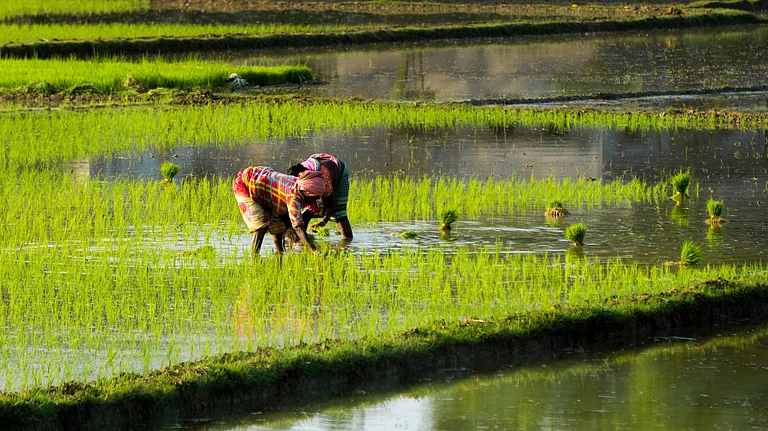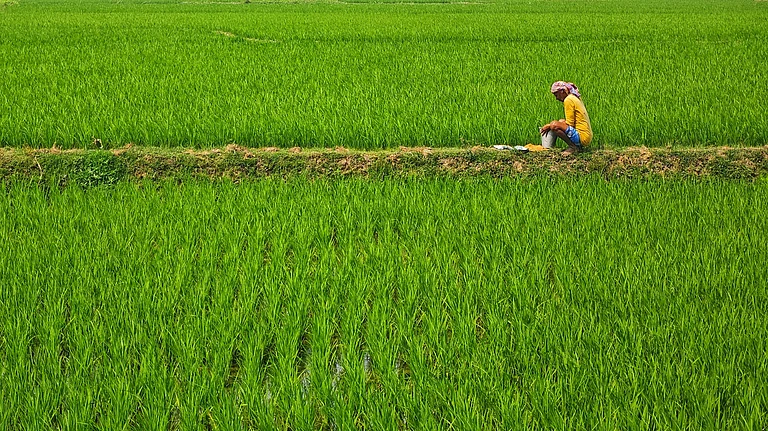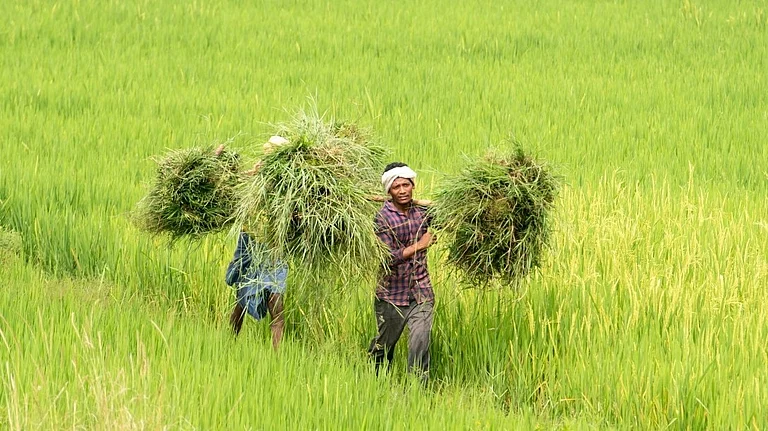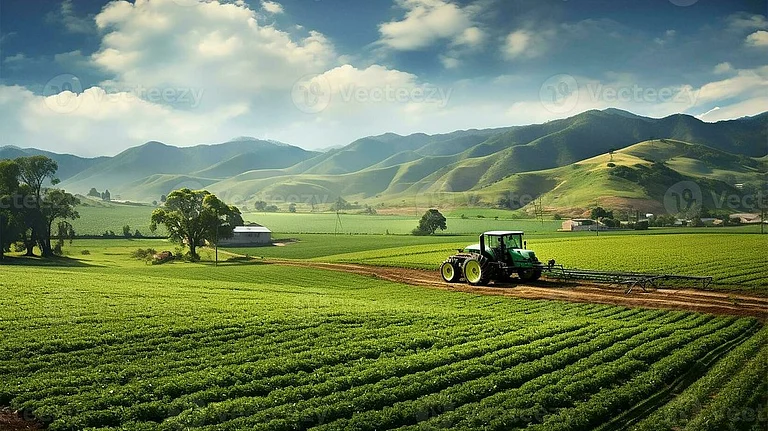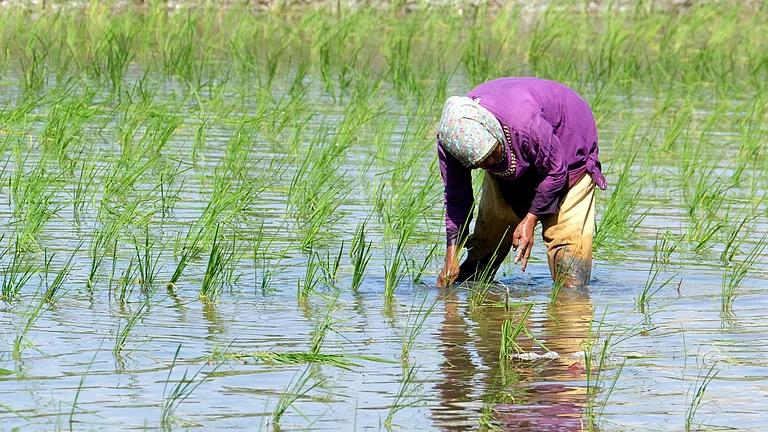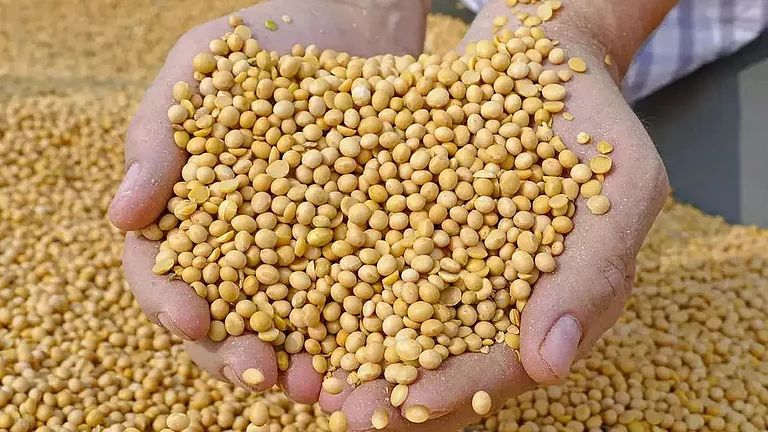India’s sowing of pulses in the Kharif season between June and October is on the right track this year, with the total area under cultivation rising 11% year-on-year to 262.15 lakh hectares, while the average full-season acreage usually ranges around 1096 lakh hectares, according to data published by the Department of Agriculture and Farmers Welfare and Global Agriculture.
According to CNBC TV18, pulses sowing were recorded at 21.1 lakh hectares—up from 15.4 lakh hectares during the same period last year as of early July. The early momentum indicates a positive start to the sowing season. However, imported pulses continue to flood the Indian market.
"Compared to earlier years, I think we have a good sowing so far," Bimal Kothari, Chairman of the India Pulses and Grains Association (IPGA), told CNBCTV18. However, cheaper imports are a cause for concern.
Imports Hit Record Levels
The import of pulses touched 7.3 million tonnes (mt) in 2024-25 and were valued at $5.5 billion, surpassing the previous record of 6.6 mt and $4.2 billion imported during 2016-17, according to The Indian Express. In contrast, India imported about 4.7 mt of pulses worth roughly $3.7 billion in 2023-24, nearly doubling over the previous year before hitting this new record.
The 7.3 mt of pulses imports in 2024-25 included 2.2 mt of yellow/white peas (largely from Canada and Russia), 1.6 mt of chana (chickpeas) (from Australia), 1.2 mt each of arhar (toor) or pigeon-peas (from Mozambique, Tanzania, Myanmar, Sudan and Malawi) and masoor (red lentils) (from Canada, Australia and United States), and 0.8 mt of urad or black gram (from Myanmar and Brazil).
The rise in import of cheaper products is hurting farmers, according to Kothari.
Pricing Pressures Impact Sowing
While sowing trends for crops like moong and urad look broadly positive, there are concerns around toor, particularly in Karnataka and Madhya Pradesh.
Reports indicate that sowing has declined by around 25% as farmers have shifted in acreage to other crops.
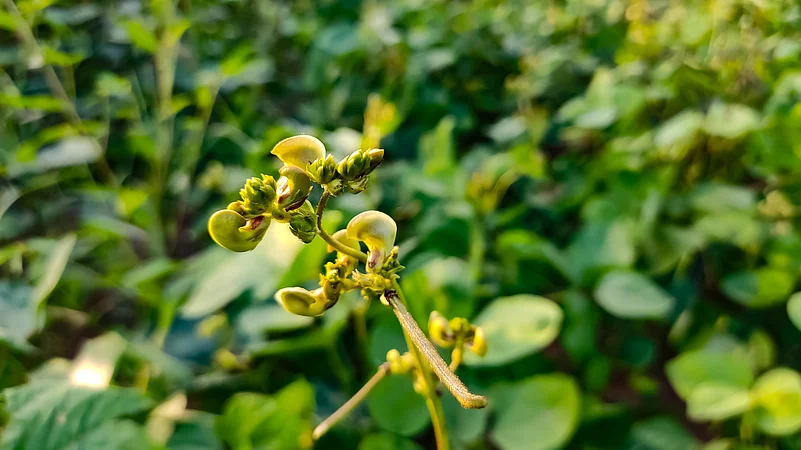
This shift is directly linked to pricing pressures, explained Kothari while noting that cheaper imports could discourage farmers from planting these crops. Although the government has committed to procuring 100% of the toor, urad and lentil crop, Kothari told The Indian Express that “practically speaking, we’ve seen how challenging that can be”.
MSP versus Imports
The price gap between imported and domestic produce is significant. The current minimum support price (MSP) for toor is ₹80 per kg, while African-origin toor is landing in India at around ₹50–₹55.
“When our MSP is ₹80 and the import cost is ₹50, that will definitely suppress domestic prices,” Kothari warned, adding that this discourages farmers from planting toor.
The import inflow is likely to stay strong, eventually stressing the farmers. Kothari explained that global harvesting cycles will keep supplies flowing even though the pace of imports has eased slightly in recent months due to carryover stocks. New crops from Russia and Canada are expected soon, and prices are already lower than last year. “We’re getting offers around $325–$330 per tonne, compared to $385–$400 last year around this time,” he said.
He also highlighted that newer origins like Brazil are ramping up production—urad exports from the country could touch 2.5 lakh tonnes this year. “All the origins are looking at India, and they’re growing more pulses. Naturally, they’ll want to sell their produce here,” Kothari added.
The government is aiming for self-reliance in pulses, with the launch of a six-year Pulses Mission aimed at achieving complete self-sufficiency in key pulses by 2029 as announced by Finance Minister Nirmala Sitharaman in the Union Budget 2025-26. However, the need for calibrated import management plays a major role in maintaining security for farmers. “They should impose duties such that the landing cost of imported products is not below the minimum support price. Otherwise, the MSP policy becomes irrelevant,” Kothari said.







